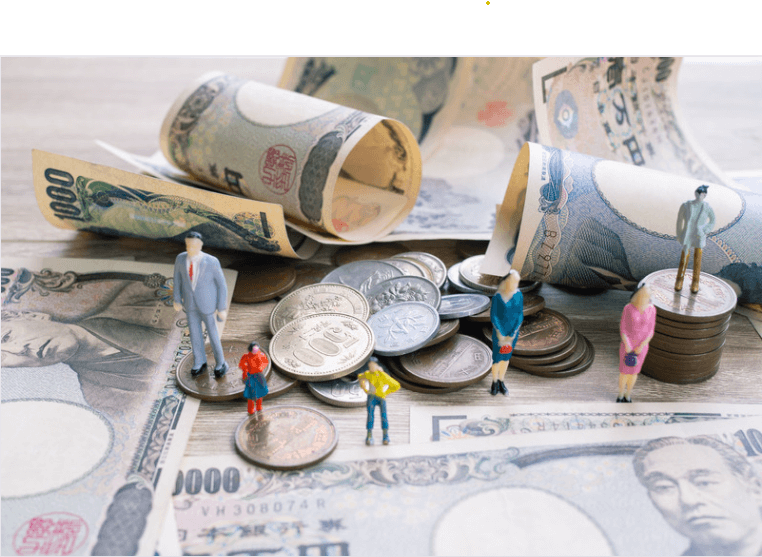Japan is keeping all options on the table to address the excessive volatility in its currency markets. This statement comes with a renewed caution against the yen’s decline, especially as it approaches the psychologically significant threshold of 150 yen per US dollar, by the government’s chief spokesperson on Thursday.
Given the recent breach of the robust horizontal barrier at 146.50-146.60, with sustained strength overnight and a daily close surpassing the 148.00 mark, this could be a new catalyst for bullish traders. The positive outlook for the USD/JPY pair is further supported by the prevailing bullish sentiment surrounding the US Dollar (USD), buoyed by the Federal Reserve’s (Fed) hawkish stance.
Japan monitors yen as it approaches the critical threshold
Chief Cabinet Secretary Hirokazu Matsuno expressed his hope that the Bank of Japan (BOJ), currently amid a two-day policy meeting ending on Friday, will adopt “appropriate” policies in pursuit of its 2% inflation target. He emphasized the importance of currency stability based on underlying economic fundamentals. Matsuno stated that the government will vigilantly monitor developments in the currency market and respond as necessary without excluding any options.
The recent hawkish stance taken by the Fed has contributed to a decline in the Japanese yen, bringing it to around 148.39 against the US dollar on Thursday, approaching the 150 level, which is considered a critical threshold for possible currency intervention in Tokyo.
Matsuno’s comments align with top currency diplomat Masato Kanda’s statement that authorities are prepared to consider all options if excessive currency movements persist. Kanda also noted that Tokyo maintains close communication with Washington regarding currency matters. That comes shortly after US Treasury Secretary Janet Yellen indicated that any intervention should eliminate volatility rather than directly influence exchange-rate levels.
While a weakened yen benefits exporters’ profits, it poses challenges for households by driving up the cost of living. Japan undertook rare interventions in the currency market in September and October of the previous year to support the yen, which had eventually reached a 32-year low of 151.94 against the US dollar.
In response to pressure to address the consequences of a weakened yen, the Bank of Japan (BOJ) took measures in July to allow long-term interest rates to rise, reflecting expectations of increased prices. Many analysts anticipate that the BOJ will maintain its ultra-loose policy during Friday’s meeting. Attention will be directed towards any indications that Governor Kazuo Ueda may provide regarding the timing of a potential future interest rate hike during a post-meeting briefing.
It’s worth noting that in Japan, the authority over currency policy lies with the government rather than the central bank, and it is the government’s prerogative to decide if and when to intervene in the exchange-rate market.
Japan’s potential yen intervention
US Treasury Secretary Janet Yellen stated earlier that whether Washington would be understanding of another yen-buying intervention by Japan depends on the specific details of the situation. She explained that there is typically communication between the two countries regarding such interventions. While there is an understanding of the need to smooth out undue volatility, the intention is not to influence exchange rates directly. Yellen emphasized that the stance of the United States will be determined through discussions with the Japanese.
On Wednesday, former top currency diplomat Takehiko Nakao suggested that Japan could potentially intervene again to support the yen if it weakens. He also noted that it might be an opportune time for the BOJ to reconsider or adjust its ultra-easy policy measures. Nakao, who previously served as the vice minister of finance for international affairs, expressed concern that prolonged monetary easing could lead to further yen depreciation. He acknowledged that while intervention might not be immediately imminent given the gradual nature of the depreciation, it remains a viable option if the yen weakens.
The previous year, Japan expended over 9 trillion yen (approximately $60.88 billion) in currency market interventions to halt the yen decline. These interventions took place in September and October, initially when the exchange rate was around 145 yen per dollar and then again when the yen reached a nearly 32-year low, just shy of 152 yen per dollar.
Nakao, who held the position of top currency diplomat from August 2011 to March 2013, oversaw significant intervention efforts in 2011 by purchasing the dollar to counter the strength of the yen, a move prompted by the US Federal Reserve’s implementation of quantitative easing, which had rendered Japanese exports less competitive.
While the current situation is the opposite, with the yen significantly weaker, the advantages gained by Japanese exports have been somewhat offset by a sharp increase in import prices and the overall cost of living. Prolonged monetary easing has also faced criticism from investors, who argue it distorts markets and adversely affects bank profits.
The yen’s weakening is a consequence of Japan deviating from the global trend of monetary tightening. While the Bank of Japan has sustained powerful monetary stimulus, major central banks like the Federal Reserve and others have raised interest rates in response to inflationary pressures.





